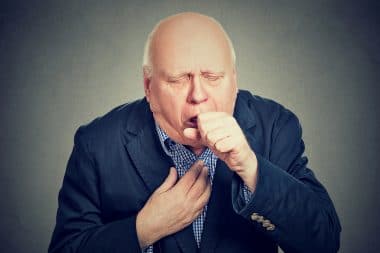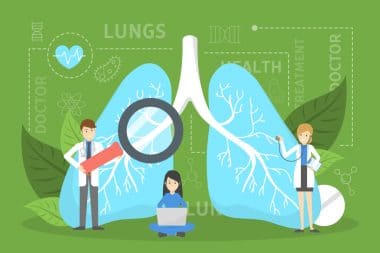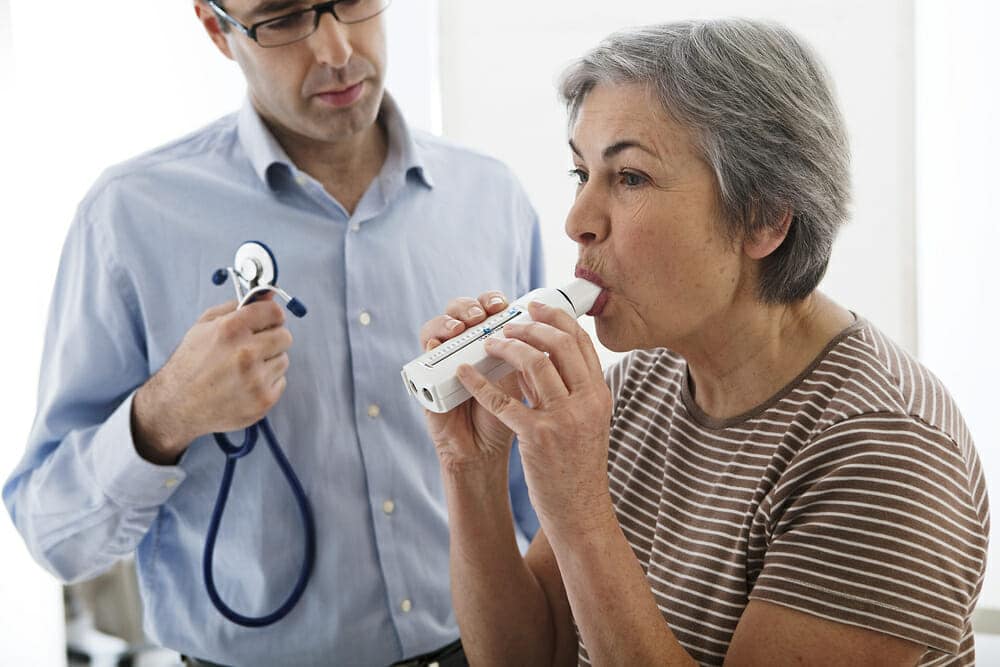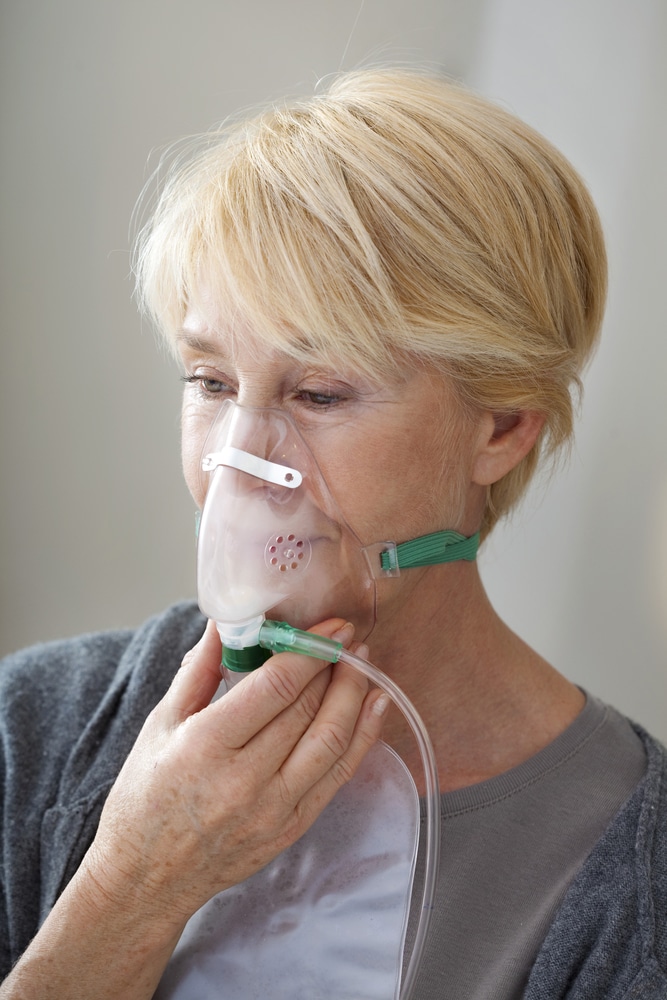Pneumonia is an inflammation in lungs caused by an infection which can be viral, bacterial, fungal or due to some parasite. Human lungs are composed of lobes. The respiratory system consists of trachea, windpipe, bronchi, bronchioles and alveoli. Capillaries that surround the alveoli help in exchanging oxygen and carbon dioxide. Normally, the germs that cause pneumnia are caught in the mucus lining. Coughing up yellow mucus expels these germs. The germs that pass on to the alveoli are neutralized by our immune system. However, if the immune system is weak, the germs can multiply rapidly, overwhelming the immune system. This causes the bronchioles and alveoli to become inflamed. The alveoli fill with fluid and the oxygen intake is obstructed.
There are several different kinds of pneumonia. The symptoms vary from difficulty in breathing, chest pain, coughing, fever etc. The bacteria may enter blood stream to infect other organs. The treatments for pneumonia are antibiotics, antiviral and antifungal medication, rest and fluids, anti-fever and pain medication.
https://youtu.be/aKduNgfePLU?list=PLF_-tIFq2lApRqbnyX8oSltmRzwTJQa-0
Key Points of Video:
- 1A weakened immune system impairs the body’s ability to stop germs, parasites, bacteria and fungi from causing pnuemonia.
- 2Pnuemonia can affect one lobe of a lung or multiple places, and can cause respritory difficulties or failure.
- 3Antibiotics, antifungal and antiviral medication paired with rest and fluids can help to cure pnuemonia.







Reply